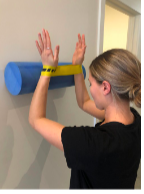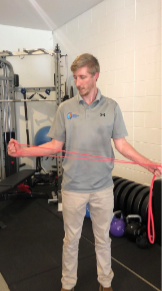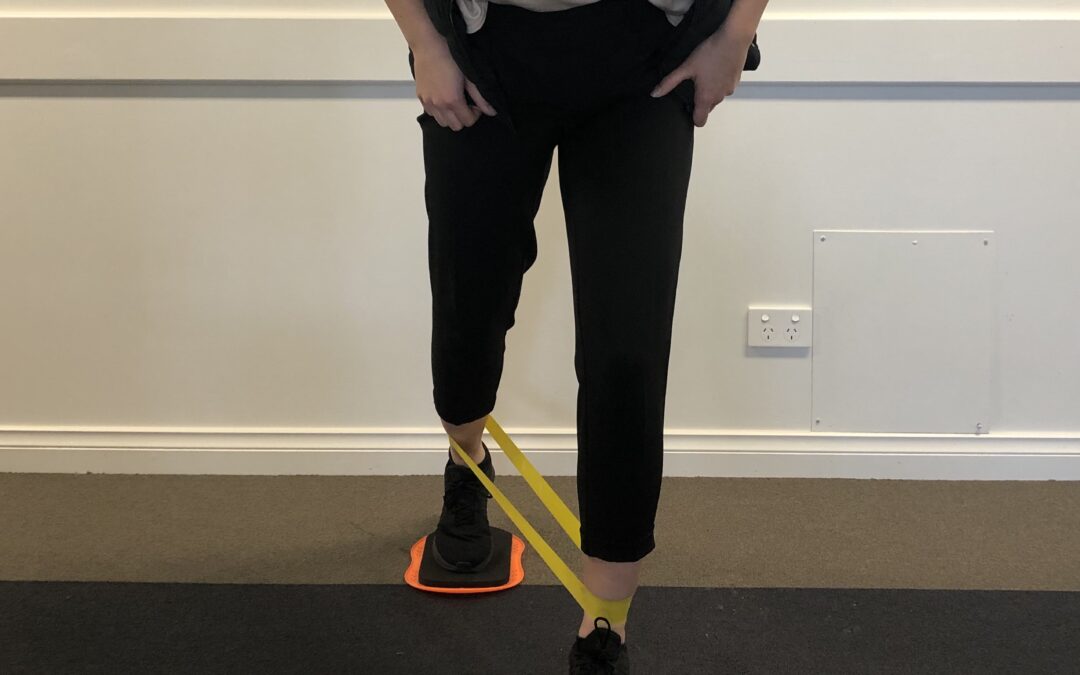What is the role of exercise during cancer treatment?
One in four Australian women and one in three Australian men are affected by cancer before the age of 75. Most of us can relate and know someone close to us that may be diagnosed with cancer including melanoma, prostate, colorectal, breast and lung cancer among the most common. Whilst the causes of various cancers is unknown, the treatment of cancer is ever-evolving thanks to medical advancements. One of those treatments, drumroll please…
 EXERCISE!
EXERCISE!
Not only is there more evidence being published for the role of exercise in the prevention of cancer, but there’s an abundance of evidence for the role of exercise in preventing chronic disease, increasing quality of life, optimising function, reducing and/or managing adverse symptoms from cancer treatments.
How does exercise help?
Exercise helps lower side effects from treatment by increasing muscle mass, lowering fatigue levels, reducing nausea, increasing heart and lung function, increasing bone density, lowering anxiety and depression, most importantly, it can be used as a coping mechanism during a difficult time and help you feel in charge of your life.
Objectives/goals for exercise:
1. To regain and improve physical function, strength, flexibility and cardiovascular fitness.
2. Improve quality of life and body image.
3. Improve cardiorespiratory, endocrine, neurological, muscular, cognitive and psychosocial outcomes.
4. Although more evidence is required, there is the potential for exercise to reduce or delay recurrence or second primary cancer.
5. Improve mental wellbeing, managing anxiety levels.
6. Prevent long term and late effects of cancer treatment.

Considerations for exercise:
1. Avoid inactivity, continue completing normal daily activities.
2. Allow adequate time to heal after surgeries.
3. The best type of exercise during cancer treatments is a combination of both cardiovascular and strength training.
4. Lastly, remember each type of cancer is different and each treatment has different side effects. If you are experiencing extreme fatigue or unsure what exercise is best, consult with your Allied Health Professional like an Exercise Physiologist for guidance.
Hayes, S.C., Spence, R.R., Galvão, D.A. and Newton, R.U., 2009. Australian Association for Exercise and Sport Science position stand: optimising cancer outcomes through exercise. Journal of Science and Medicine in Sport,12 (4), pp.428-434.
